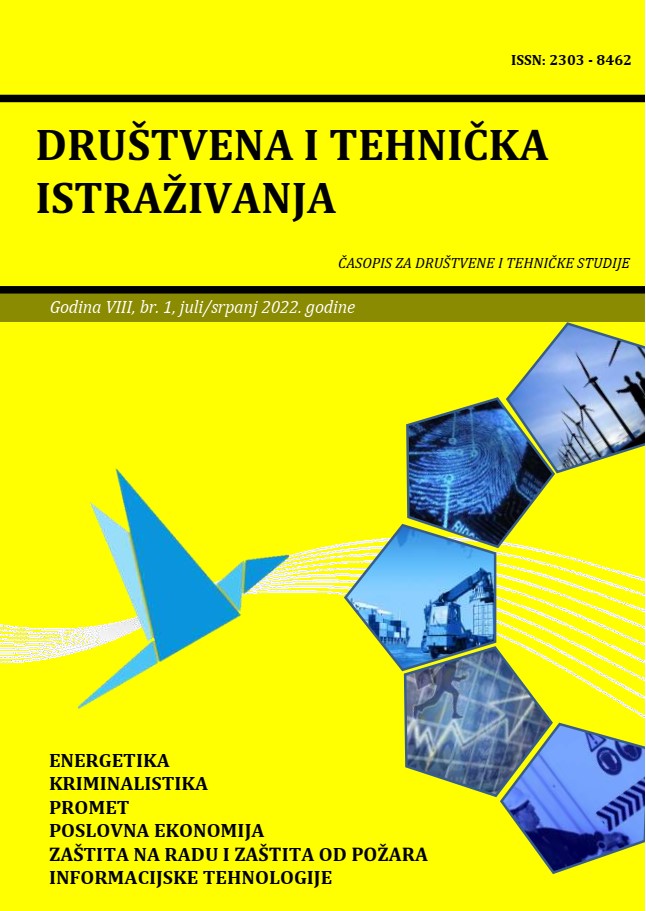CAUSES OF ACTION IN THE COMMON LAW SYSTEM
CAUSES OF ACTION IN THE COMMON LAW SYSTEM
Author(s): Dijana GorgievaSubject(s): Law, Constitution, Jurisprudence, Civil Law, Law on Economics, EU-Legislation, Court case
Published by: Visoka škola “CEPS – Centar za poslovne studije” Kiseljak
Keywords: tort law; contract law; common law; causes of action; reasons;
Summary/Abstract: Causes of action in common law are the most commonly used in civil trials. According to the common law, the causes of action are a combination of facts presented by the plaintiff in the direct form for initiating civil proceedings (single claim in England and complaint in the United States). The cause of action are a bridge that connects civil wrong with the legal remedy required and obtained by the court. Claims for a lawsuit may be filed for civil wrong doing of the defendant. The wrong doing of the defendant may consist of a tort or a breach of contract. Breaking the contract is the only cause of action. Unlike the breach of contract, tort law (civil misconduct) does not have a single cause of action. Tort is divided into three different types of claims in the lawsuits that differ from each other in the defendant's defense actions: intentional tort, negligence tort and strict liability tort. Causes of action in a lawsuit under equity law are: unjust enrichment and claims in reasonable value for the work done (quantum mervit).
Journal: Društvena i tehnička istraživanja
- Issue Year: 2022
- Issue No: 1
- Page Range: 31-39
- Page Count: 9
- Language: English

